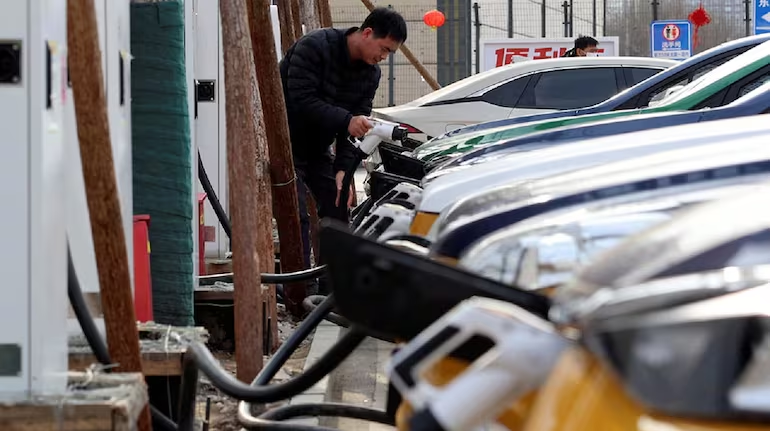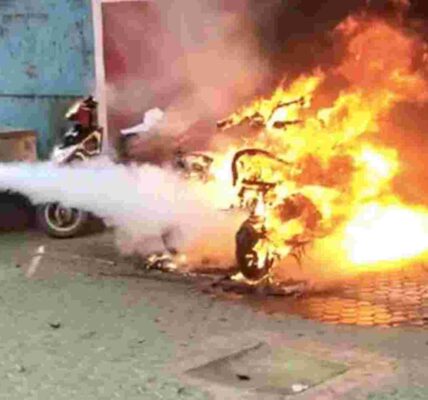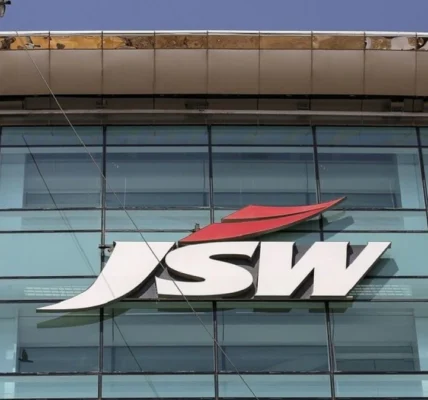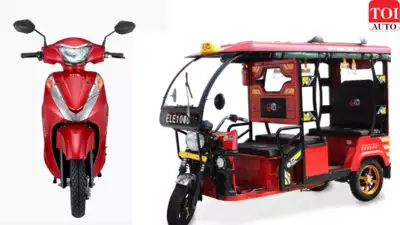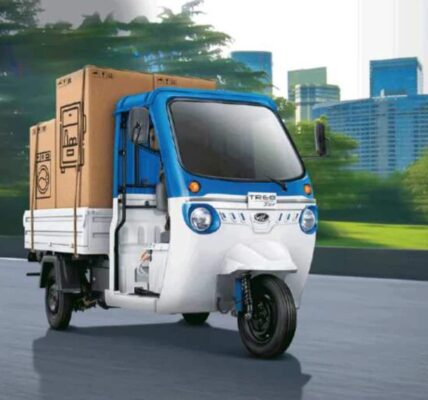India is amenable to relaxing the 50% localization it expects from electric vehicle makers and suppliers in return for incentives, after China’s curbs on rare earths exports put the goal in doubt, according to people familiar with the matter.
Although the Society of Indian Automobile Manufacturers is yet to make a formal plea for paring the requirement, the industry body’s members have flagged the need in various consultations with the government, said the people, who asked not to be named because the discussions are private.
BloombergGreen
Trump Plans Biofuel Quota Boost, Seeks to Crimp Imports
Chicken Fat-to-Fuel Project Is the Latest Green Muni Bond to Default
What Trump’s FEMA Cuts Mean for Hurricane Season
Climate Investment Funds Approve $2.6 Billion Coal-Exit Plan for South Africa
India has advised automakers to import fully-built motors or assemblies to get around the curbs in the short term, they added.
The Ministry of Heavy Industries did not immediately reply to an email seeking comments.
Suppliers are already scrambling to find alternative supply chains and drawing up potentially costly work-arounds for rare-earth magnets after Beijing in April clamped down on exports of the materials used in traction motors.
Prolonged Disruption
A prolonged disruption in supplies is likely to make it difficult for manufacturers to meet localization norms under a federal government program that offers cash incentives to automakers and parts suppliers. The so-called Production-Linked Incentives, or PLI, for manufacturers of everything from semiconductors and EVs to textiles is aimed at boosting local manufacturing and broadly reducing reliance on imports.
Still, rare earth minerals are essential for the production of permanent magnets which are key to making traction motors used in electric and hybrid vehicles. China’s export curbs could force Indian OEMs to import fully made parts, undermining the country’s push for self-reliance, the people said, referring to original-equipment manufacturers.
Automakers are currently evaluating alternatives — including importing the motors as a whole or as sub-assemblies from China, they said.
Double Blow
That said, the curbs deal a double blow to Indian auto component makers, who invested heavily in localizing EV parts like permanent magnet synchronous reluctance motors, or PMSRM, and magnet-based assemblies, the people said.
Many have yet to qualify for PLI disbursements and now face the risk of losing business to Chinese suppliers, three of the people said.
Shipping a motor by sea would add around 2,000 rupees ($23.245) per unit, while air cargo could raise costs by up to 5,000 rupees for electric two-wheelers — a steep hike for a mass-market vehicle part, one of the people said.


